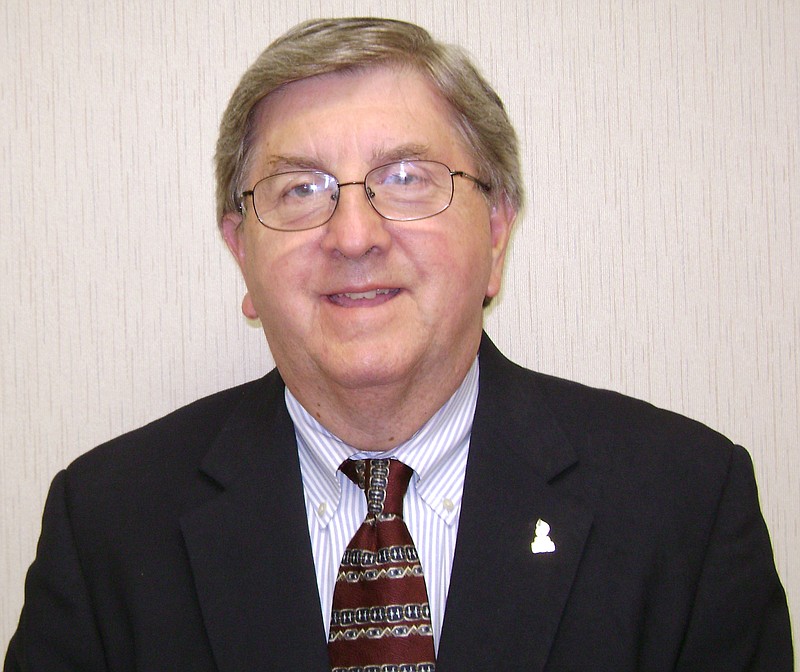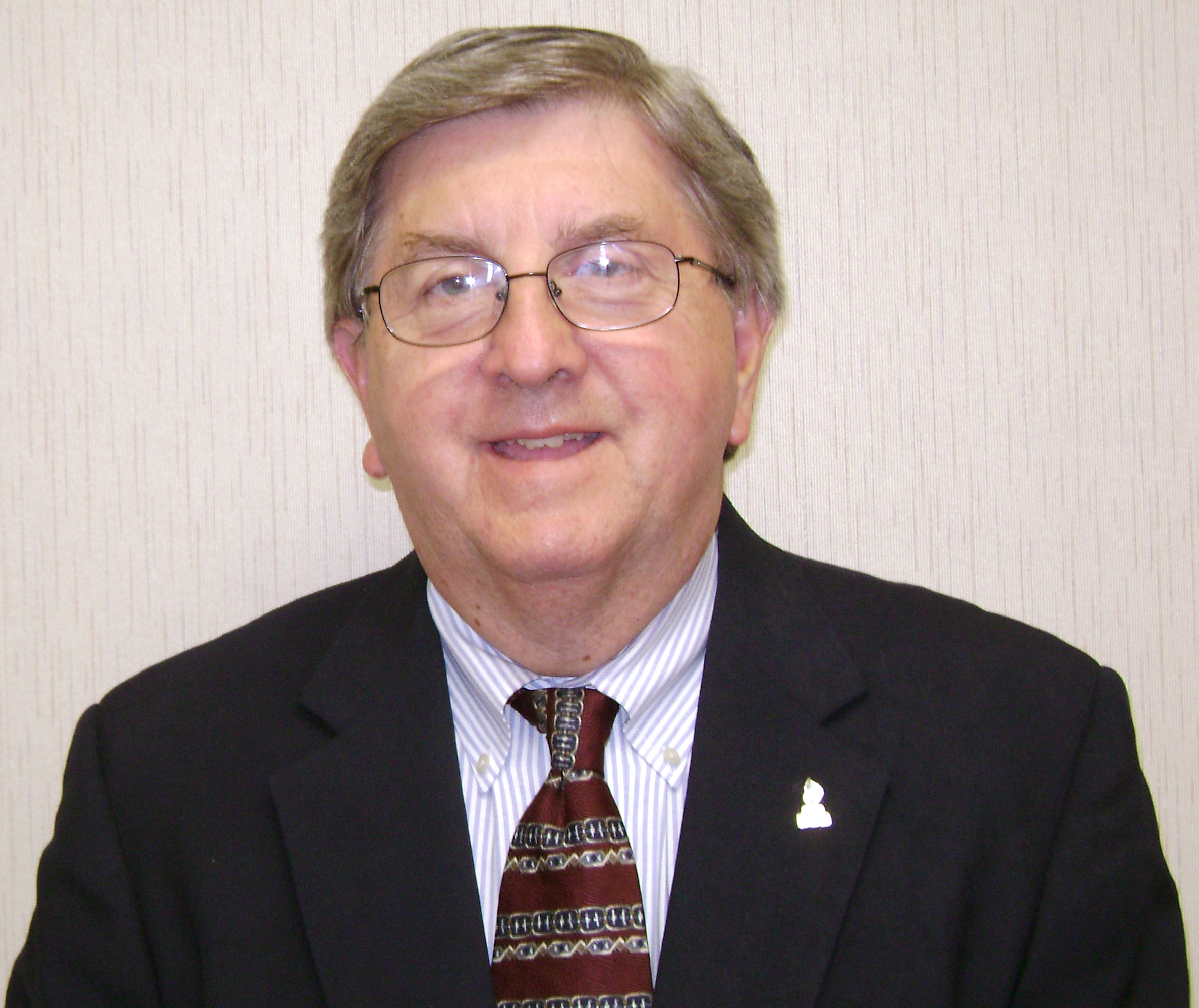Q. I found interesting the article in the Times Free Press where the Sheriff Department and Bill Hullander, County Trustee, warns of phone scams. Is the phone scam traffic higher today? Are there new schemes scammers are using today?
A. Yes, the reported scam activity by phone calls and robocallers currently is on the increase. The scammers find different methods to disguise their identification. The VOIP technology using local area codes and numbers is the most effective. Consumers are not as suspicious and more inclined to answer local numbers. BBB Scam Tracker website, www.bbb.org/scamtracker.com reports that our local service area, year to date has 108 reported active scams. Visit the site to read and understand the activity.
Are you experiencing an increase in the number of local calls to your home and/or cell phone? You're not alone. This phenomenon is called "neighbor spoofing" and it's the latest caller ID spoof strategy being used by phone scam artists in an attempt to get people to answer the phone.
For phone scams to be successful, scammers need people to pick up the phone so they can initiate the conversation. Neighbor spoofing uses a spoof caller ID to trick a person into thinking somebody local, possibly even someone they know, and is calling. According to experts, this may interest someone just enough to answer their phone.
Con artists and robocallers use technology to modify what phone numbers appear on caller ID, impersonating phone numbers from neighbors, friends and local businesses to try to get you to answer the call. In many instances, it is a random number with the same area code and first three digits as your own phone number. In other cases, the number displays as coming from a local business or person in which you've previously communicated.
Answering one of these caller ID spoofed calls will indicate to the robocaller that you have an active phone line. Active phone lines are valuable to phone scammers and will often put you on what is referred to as a "sucker list," potentially opening your phone line up to more scam calls.
Here are a few BBB tips to help identify and handle "neighbor spoofing" phone calls:
» Avoid answering calls from phone numbers you don't recognize, even if they appear to be local. If it's important, the caller will leave a message.
» If your own phone number is used in a caller ID spoof call, you may receive calls and messages from people asking why you called them in the first place. This can lead to a lot of confusion between the two parties, but knowing your own number can be used by scammers may help explain the situation.
» Be aware that phone numbers of local businesses, including doctor's offices and/or insurance agents, may appear to be calling you. If you're not certain whether the call is legitimate or a spoof, hang up and dial the known phone number for the contact to verify the communication, especially if personal and/or financial information is being requested.
» There are call blocking apps that may help decrease the amount of spam calls, including those using a spoof caller ID. Your phone carrier may also provide a similar service or offer advice.
» Make sure your phone number is on the National Do Not Call Registry, 1-888-382-1222. Though it is unlikely to prevent most phone scam calls, it will help to reduce calls received from legitimate telemarketers, which can be helpful in screening fraudulent calls.
For more information on nuisance calls, contact the Federal Trade Commission (FTC), www.ftc.gov and report phone scam calls to BBB Scam Tracker, www.bbb.org/scamtracker.
Jim Winsett is president of the Better Business Bureau in Chattanooga.

